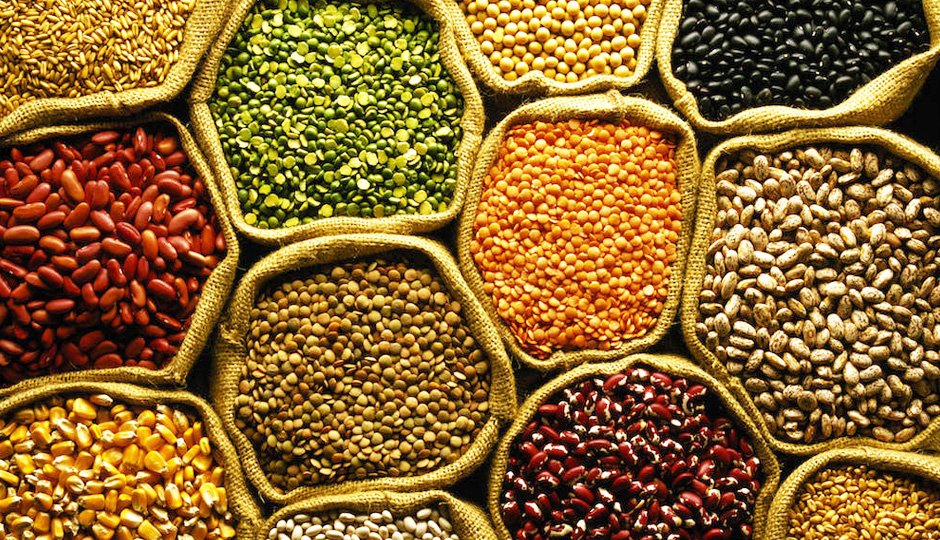Inside BENEO’s new pulse plant: pioneering sustainable protein from faba beans
To ensure smooth and seamless import of pulses to augment domestic availability, the import of Tur and Urad has been kept under ‘Free Category’
The retail prices of Tur and Urad have declined or remained stable in the last 3 months with the decline in Mandi prices. Department of Consumer Affairs holds regular meetings with the Retailers’ Association of India (RAI) and organised retail chains to deliberate on the trends in mandi and retail prices of pulses to ensure that retailers maintain the retail margins at reasonable levels.
To intervene directly in the retail market, the government has also converted part of the stock of pulses from the buffer to dals for retail sale to the consumers at affordable prices under the Bharat Dal brand. Similarly, atta and rice are distributed to retail consumers under the Bharat brand at subsidised prices. Onion from the buffer is released in a calibrated and targeted manner to moderate prices in high-price consuming centres at wholesale markets and through retail outlets. Onion is distributed among retail consumers at Rs.35 per kg through stationary retail outlets and mobile vans in major consumption centres. These measures have helped in making essential food commodities such as pulses, rice, atta and onion available to consumers at affordable prices and also in stabilising the prices.
To ensure smooth and seamless import of pulses to augment domestic availability, the import of Tur and Urad has been kept under ‘Free Category’ till 31.03.2025 and zero duty on Masur import till 31.03.2025. Additionally, the Government has also allowed duty-free import of Desi chana till 31.03.2025 to augment the supply of pulses in the domestic market. The stable import policy regime of Tur, Urad and Masur has been effective in ensuring the consistent supply of tur and urad in the country due to the continuous flow of imports in maintaining the availability and checking abnormal price rises in pulses.

